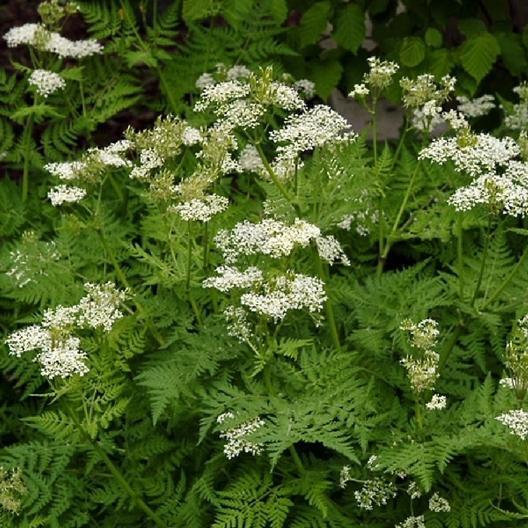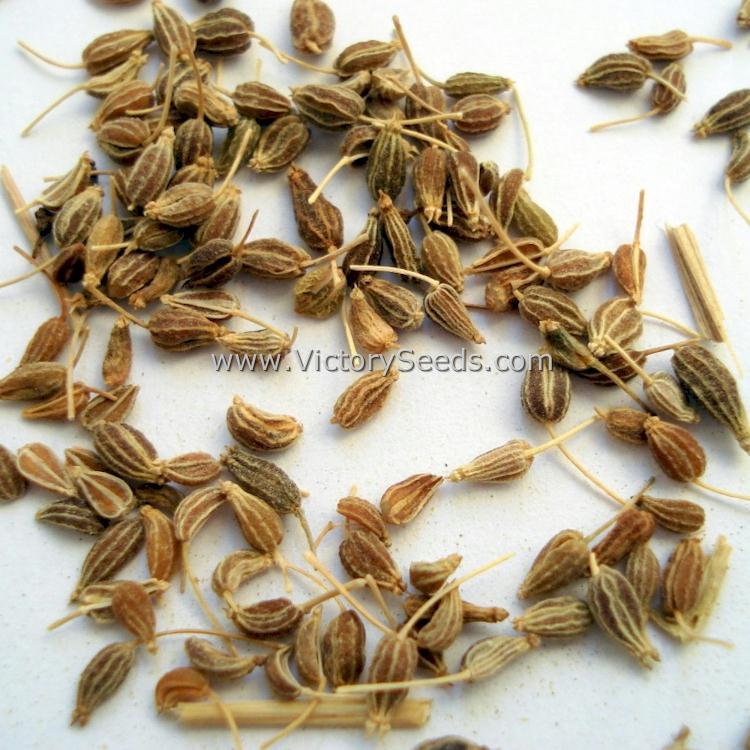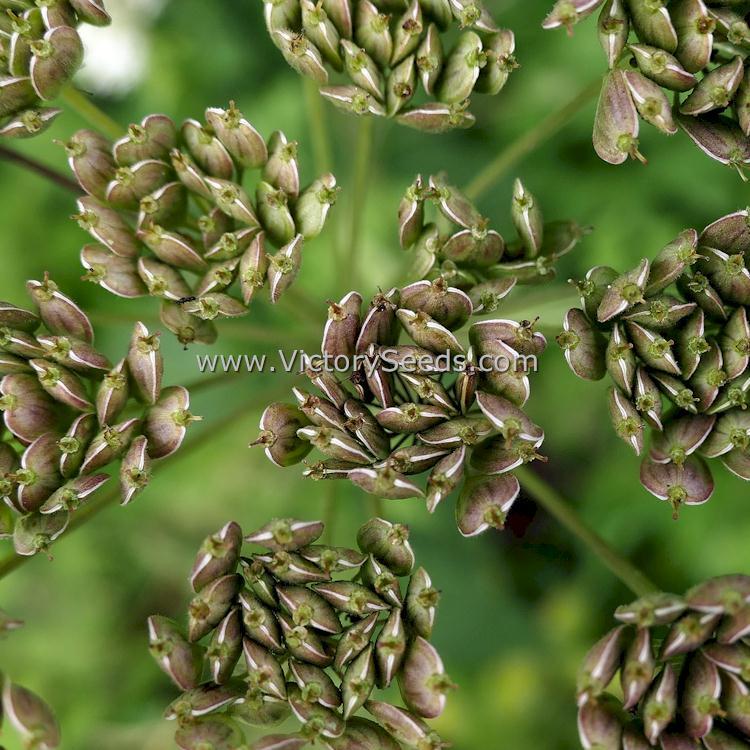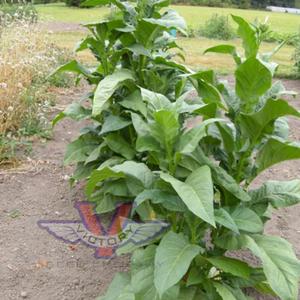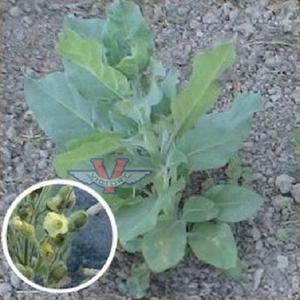


Anise
Pimpinella anisum
Price: $2.75
SKU: 4000021
Pimpinellan anisum
120 days – Anise, also called "Aniseed," is an annual plant cultivated for both its culinary and medicinal properties. The seeds have a strong licorice flavor and are slightly sweet when chewed. It is commonly used in breads. It is also the main flavor of Absinthe as well as being used as a flavoring for pastis, ouzo, pernod, sambuca, raki, Becherovka, anice tutone, Chartreuse and other herbal liqueurs.
A native to the eastern Mediterranean region and southwest Asia, Anise plants are thin, spindly and reach about two feet in height. It prefers light, fertile, well-drained soil in a sunny location. Sow seeds as soon as the ground warms in the spring. It germinates in six to fourteen days at 70ºF. Each packet contains 0.25 gram, which is approximately 125 seeds.
The Victory Seed Company does not advocate medical self-diagnosis or self-medication. Reference to the medicinal properties of plants are described here for educational and historical purposes only and are not to be construed as a prescription, prognosis or diagnosis for any disease or illness. As with any remedies or medicines, you should consult your personal health care provider before using.
Medicinally, Anise has been historically used to aide digestion and improve the appetite as well as to help with cramps, nausea and flatulence. To make an infusion, use one teaspoon of crushed seeds per cup of boiling water. Allow the mixture to steep for ten to fifteen minutes and then strain.
Informational References:
- "A Modern Herbal," Mrs. M. Grieve, 1931, p. 185-188.
- "Tyler's Honest Herbal: A Sensible Guide to the Use of Herbs & Related Remedies," Steven Foster & Varro E. Tyler, Ph.D., MJF Books, New York, 1999.
- "Peterson's Field Guide to Medicinal Plants and Herbs of Eastern and Central North America," Steven Foster & James A. Duke, Houghton Mifflin Harcourt, New York, 2014.
- "Handbook of phytochemical constituents of GRAS herbs and other economic plants," James A. Duke, CRC Press, Boca Raton, Florida, 1992.
- "Dr. Duke's Phytochemical and Ethnobotanical Databases," U.S. Department of Agriculture, Agricultural Research Service, 1992-2016.
Caution: Although very rare, people with allergies to Ragweed or other plants in the Asteraceae or Compositae families may experience a reaction from 'German Chamomile'. For perspective, after surveying worldwide literature published between 1887 and 1982 on the subject, only five (5) cases of allergic reaction due to the use of Matricaria recutita were discovered.[2]
Customer Reviews:
Do you have experience with this one? 📝 📣 Write a review!
No reviews have been posted yet.
